11 Grocery Items Still Getting Slammed With Tariffs After Trump's Pause
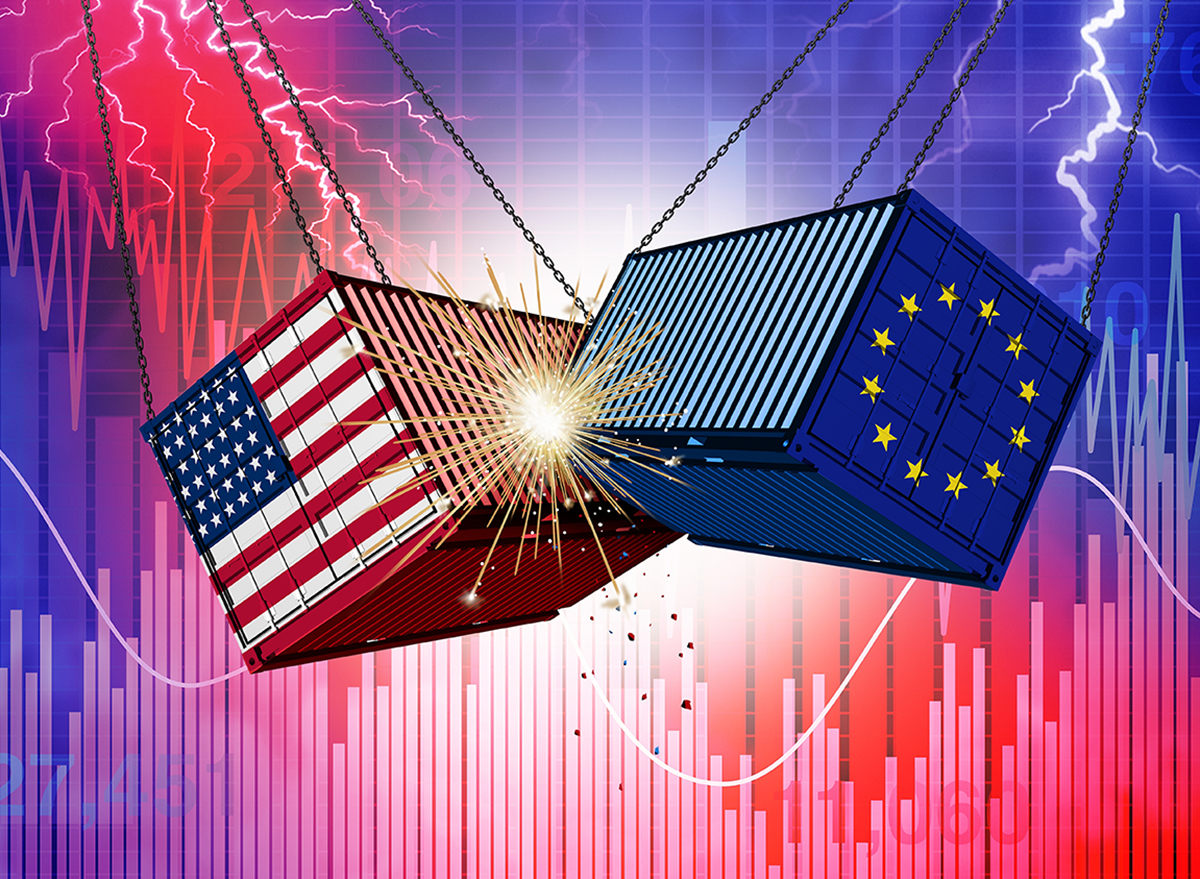
President Trump's "Liberation Day" tariffs had barely gone into effect when he announced a 90-day pause on many of the reciprocal tariff hikes. But the pause does not include China—or the already-simmering trade fight with the European Union, where 10% U.S. tariffs on European products such as wine, butter, and cheese remain in place. How this impacts U.S. consumers depends on how much of the fiscal impact suppliers are willing to absorb before passing costs down to customers. Either way, certain imported items from Europe are about to get a lot more expensive and difficult to source—and not all of them are products you would immediately assume come from the United Kingdom or Europe (for example, sugar). Here are 11 groceries still getting slammed as Europe and the U.S. trade tariff blows.
Scottish Whisky

Scotch whisky companies will do their best to keep prices somewhat stable in the face of 10% tariffs—the U.S. is their most important overseas market, worth about $1.2 billion a year. "I imagine we'll be doing what we did last time, and trying to keep the shelf price as it was before," Anthony Wills of the Kilchoman distillery tells the BBC. "We have to react and we will be discussing this with our importer and deciding what the best way forward is."
European Cheeses and Butter
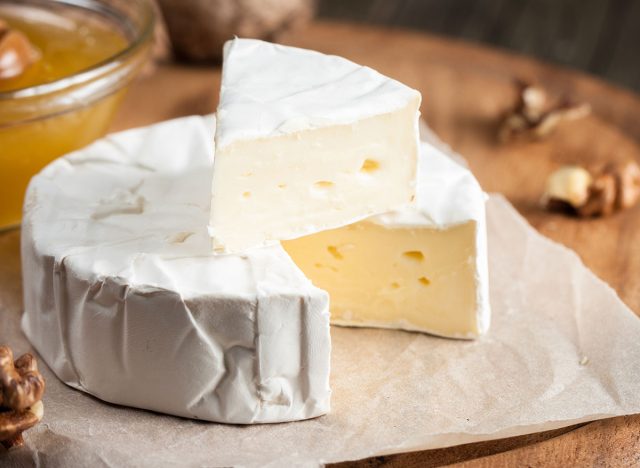
Danish cheese like Havarti and French cheese like Brie may become a lot more of a splurge. Ireland also exports a huge amount of Kerrygold butter to the U.S. "Kerrygold is now the second best-selling butter brand in the US, where we sent almost €500m worth of product in 2024. The market accounts for about 7.5% of our total dairy exports," the Irish Farmers Association says.
French Wine
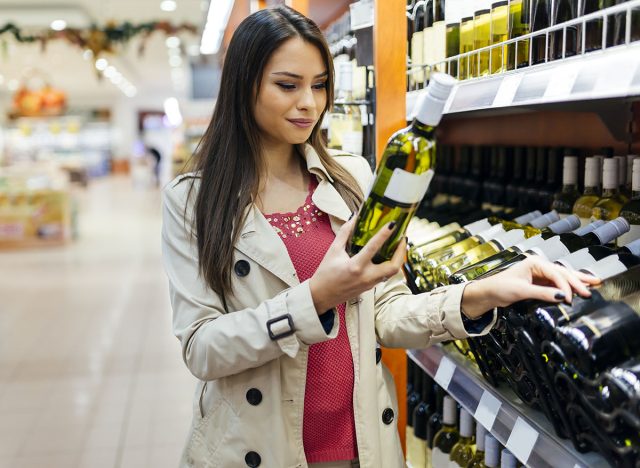
The U.S. produces plenty of its own wine, but specific French wines like Champagne may go up in price very soon. "There is a whole public of people in the U.S. that seems to need the culture of Europe," Alexandre Chartogne, who owns Champagne company Chartogne-Taillet and sells a third of his product to the U.S., told the Financial Times. "They can try to copy but it will only ever be an imitation."
Italian Olive Oil
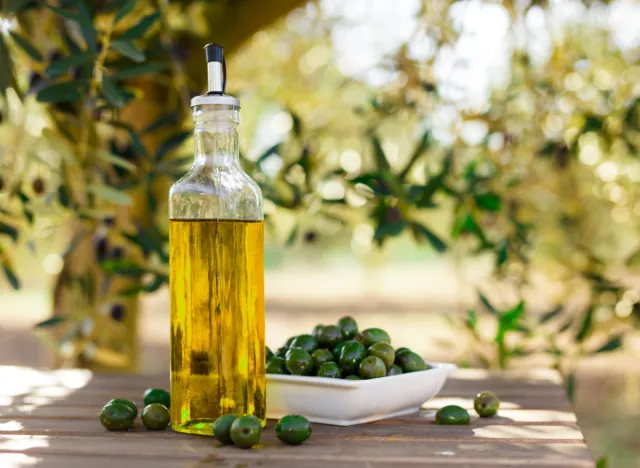
Your favorite imported Italian olive oil may suddenly become unaffordable—but suppliers are doing their best to stop that from happening. "We gained experience in 2019 with a similar situation. Since then, we've developed contingency plans with our clients to respond effectively to possible crises, at least in the short term," Sergio Massa, the founder and chief executive of Agritalia, told Olive Oil Times.
Swiss Chocolate and Cocoa
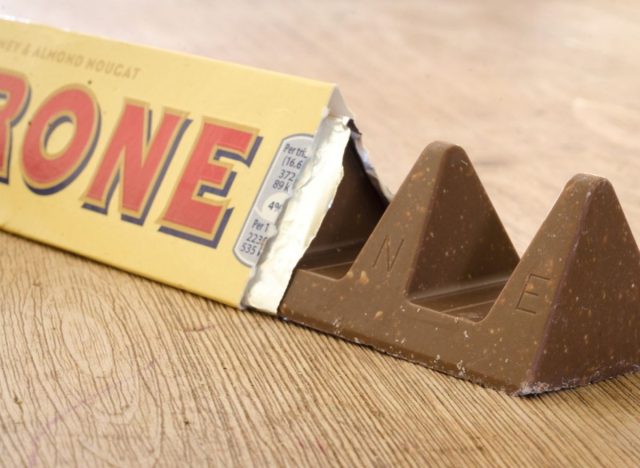
The U.S. imports Swiss luxury chocolate brands such as Toblerone, Lindt, and Torino, as well as instant coffee mixes such as Nescafé, Café Royal, and Chicco d'Oro, which may go up in price.
French Champagne
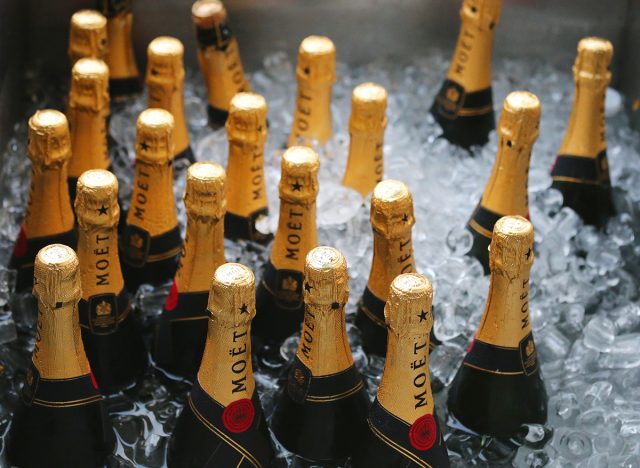
French champagne prices may go from expensive to impossible with tariffs. "There is a whole public of people in the U.S. that seems to need the culture of Europe," Alexandre Chartogne, who owns Champagne maker Chartogne-Taillet, told the Financial Times. A third of the Champagne he makes is sold in the States. "They can try to copy but it will only ever be an imitation," he added.
Sugar from the U.K.
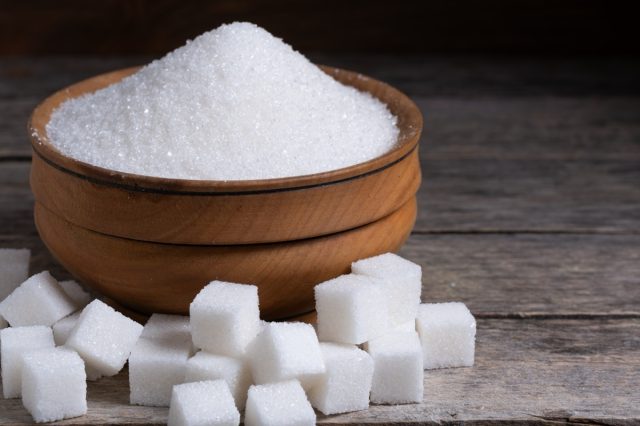
The U.S. is the UK's largest export market for goods and services including food items, which totaled £2.0 billion in 2021, according to the U.K. government. Items such as whisky, chocolate, cheese, tea, beer, snacks, salmon, sugar, gin, and more could be impacted by the 10% tariff being levied on the U.K. The U.S. imported $17.16M in sugar confectionery from the U.K. in 2024 alone.
Swiss Cheese
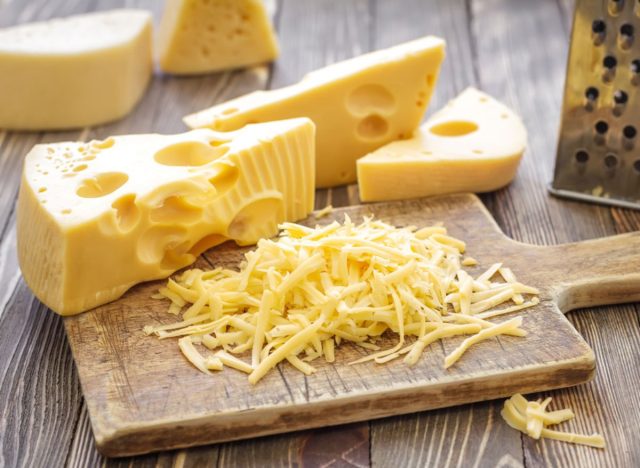
Switzerland's 31% tariff may mean bad luck for imported Swiss cheese fans, who face rising prices for their favorite brands like Emmi and Ammerlander. "We will pass the increases to customers, absolutely," Gordon Edgar, cheese buyer for Rainbow Grocery in San Francisco, tells Planet Cheese. "Bottom line, I think, is that we will sell less cheese."
Italian and Spanish Wines

Italian and Spanish wines could also become a lot more expensive as the tariffs go into effect. "Tariffs on imported wines will create a ripple effect across the industry—impacting importers, distributors and consumers alike," Louis Amoroso, CEO of Full Glass Wine Co., told CBS MoneyWatch. "While it's better than 200%, a 20% tariff still compounds through the supply chain and could lead to a 40% or more cost increase for consumers."
Jams, Jellies, Marmalade
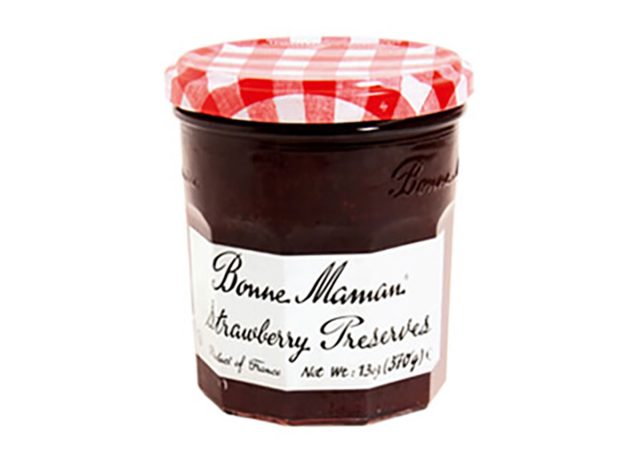
The EU exported $2.04B in vegetable, fruit, and nut food preparation to the U.S. in 2022—that covers items like Bonne Maman Preserves from France. "Probably almost half of the products in a supermarket—about 40,000 products—will be affected by these tariffs, whether it's the entire product or just an ingredient," food industry analyst Phil Lempert tells NPR.
Imported Beer
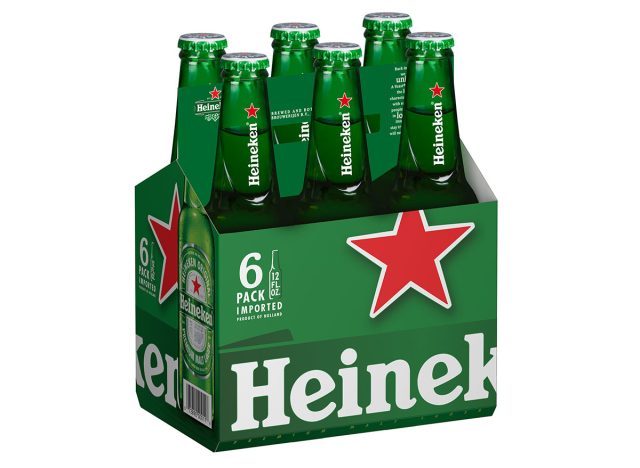
European beer like Heineken or Guinness from the Netherlands and Ireland could soon be luxury items. "The US is European brewers' second most important export market for beer in both value and volume terms. We are currently seeking further clarity on the exact products captured by this new announcement. Brewing is a key driver of growth, investment, and employment on both sides of the Atlantic and a major part of people's lives on both continents," says the Brewers of Europe.









